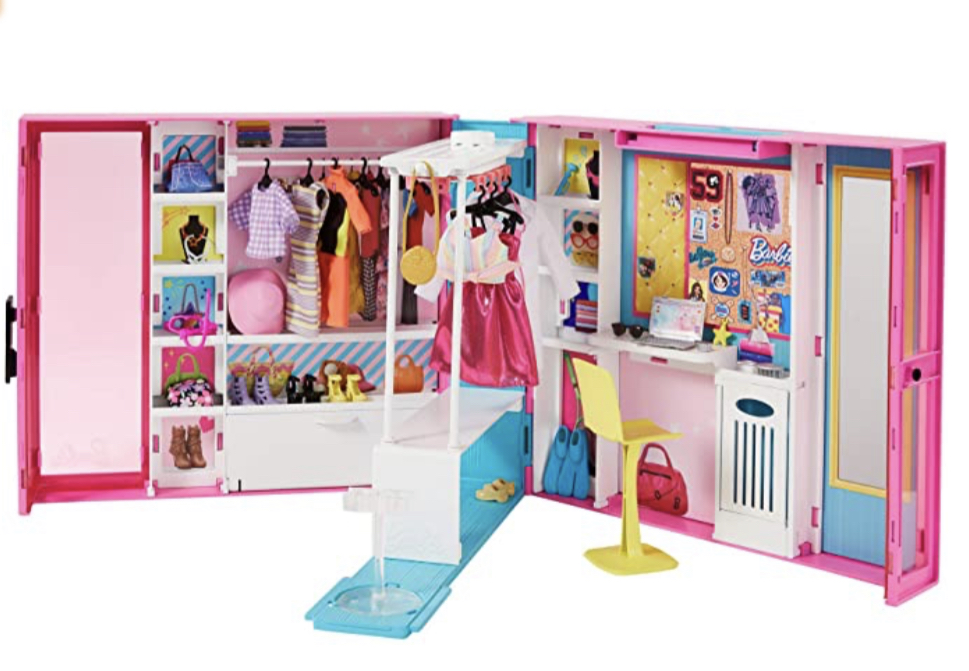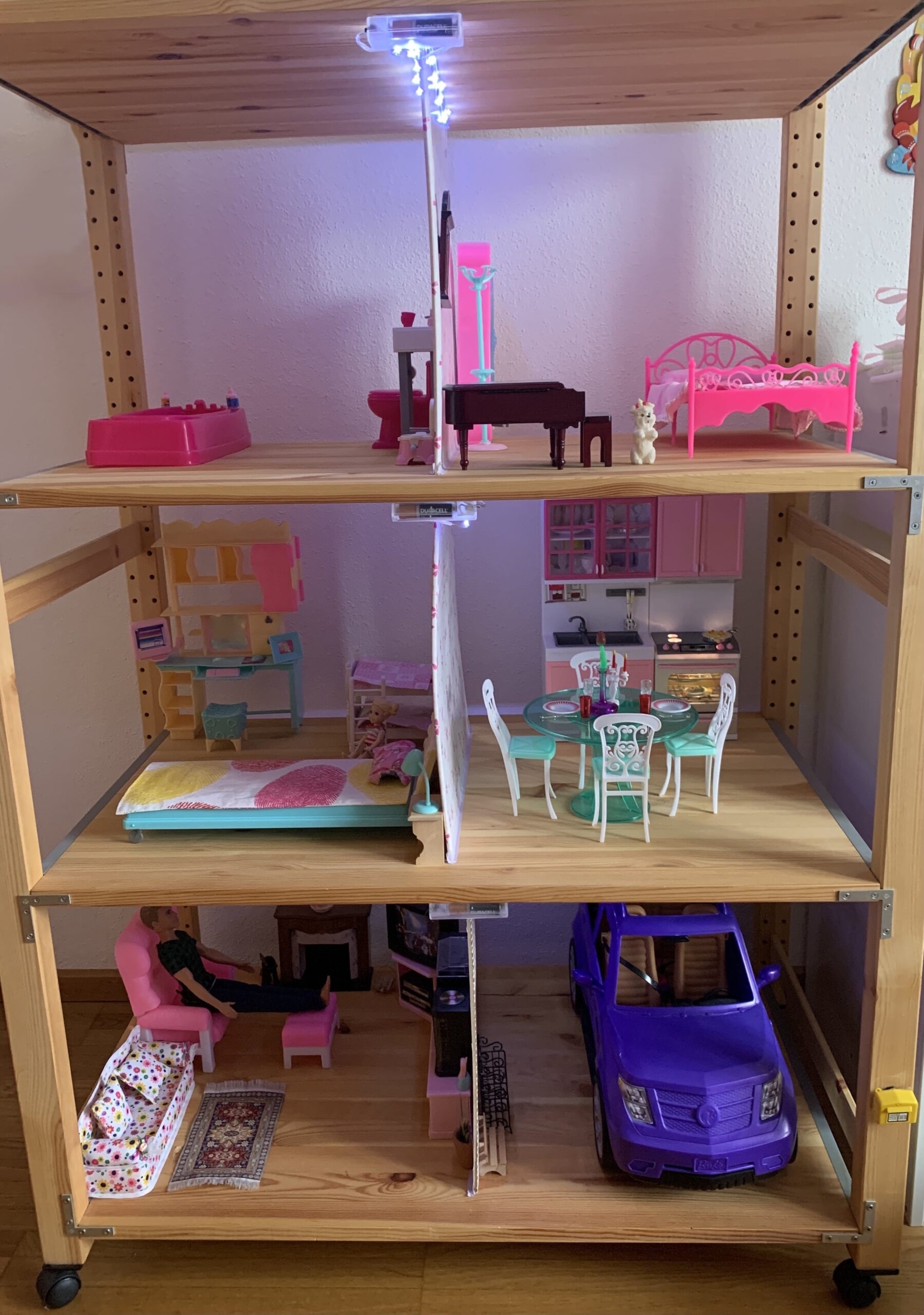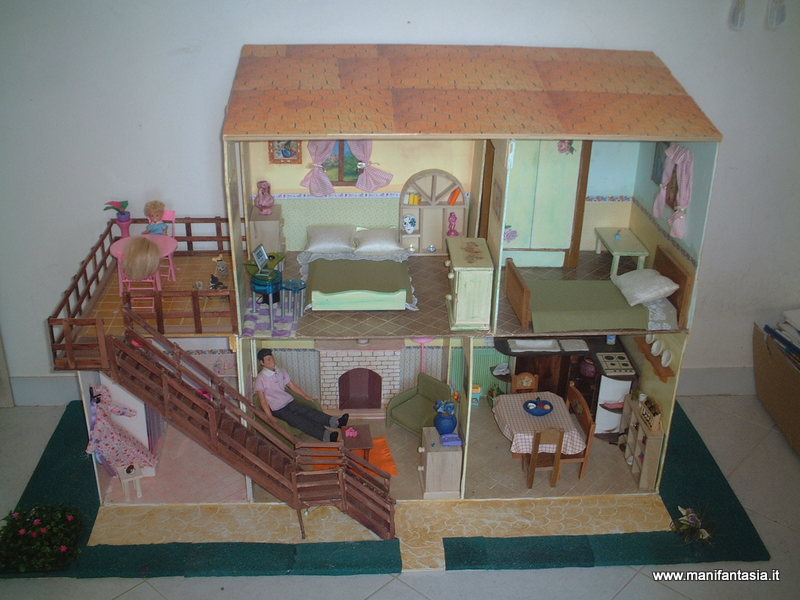
Palazzo di lusso Armadio per Barbie Bambola Della Principessa con Ganci Specchio Accessori di Abbigliamento Scarpe Organizer FAI DA TE Casa Delle Bambole Gioco Giocattolo|Dolls Accessories| - AliExpress

Acquistare 1 Pz Armadio Di Bambola Di Alta Qualità Barbie Bambola Rosa Bianco Fai Da Te Mobili Vestito Vestiti Accessori Bambole Giocattolo Bambini Giocattolo Bambini 1011 Economico | Consegna Veloce E Qualità | It.Dhgate

Barbie Fashionistas Armadio da Sogno - Armadio Trasportabile con Bambola - 3 Abiti - 2 Scarpe - 2 Borse - 2 Collane - Regalo per Bambini 3-8 Anni : Amazon.it: Giochi e giocattoli

Armadio per vestiti di Barbie | Armadio semplice fai da te - L'armadio di Barbie - Barbie italiano - YouTube

73 articoli/Set = mobili per case delle bambole Doll + guardaroba + 16 vestiti + 10 scarpe + 10 appendiabiti + 10 borse + 26 accessori per Barbie gioco fai da te|Dolls Accessories| - AliExpress

Theo Klein 5801 Valigia guardaroba Barbie, con barre appendiabiti e scaffali, accessori inclusi, multicolore | Giocattoli per bambini dai 3 anni in su : Amazon.it: Giochi e giocattoli

Tutorial: Come fare un Armadio per la Barbie How to make a Doll wardrobe | Fare un armadio, Armadio fai da te, Barbie fai da te

Set da 30 pezzi di Barbie Doll Accessori Pvc Armadio Contenitore Scatola portatile Armadio + Accessori per vestiti acquista in modo economico — spedizione gratuita, recensioni reali con foto — Joom


















